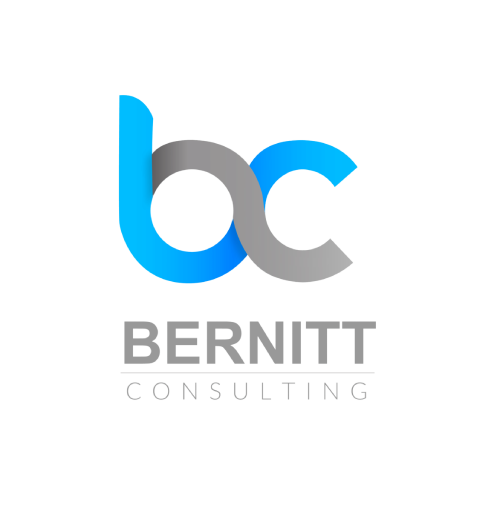The Importance of Strategic Planning for Businesses of All Sizes
In today’s rapidly changing business landscape, it is more important than ever for businesses to have a clear and well-defined strategy. Strategic planning is developing and implementing a plan to achieve your business goals. It involves assessing your current situation, identifying your strengths and weaknesses, and setting realistic goals for the future.
Aligning Technology and Branding with Business Goals
Technology and branding are two critical elements of any business strategy. Technology can help you to improve efficiency, reach new customers, and automate tasks. Branding can help you create a unique identity for your business and build customer trust.
When developing your business strategy, it is essential to consider how technology and branding can be used to achieve your goals. For example, if your goal is to increase sales, you may want to invest in new marketing software or develop a stronger brand identity.
The Role of SWOT Analysis
A SWOT analysis is a tool that can be used to identify your business’s strengths, weaknesses, opportunities, and threats. This information can then be used to develop a strategy that leverages your strengths, minimizes your weaknesses, takes advantage of opportunities, and mitigates threats.
To conduct a SWOT analysis, brainstorm a list of your business’s strengths, weaknesses, opportunities, and threats. Once you have a list, analyze each item and identify specific actions that you can take to address them.
Long-Term vs. Short-Term Strategies
Your business strategy should include both long-term and short-term goals. Long-term goals are typically achieved in three to five years, while short-term goals are typically achieved within one year.
It is important to have a balance of long-term and short-term goals. Long-term goals will help you to stay focused on your overall vision for your business, while short-term goals will help you to make progress towards your long-term goals.
Adapting to Market Changes
The business landscape is constantly changing, so it is important to be able to adapt your strategy as needed. This means regularly reviewing your strategy and making adjustments as needed.
One way to ensure that your strategy is adaptable is to focus on your core values. Your core values should be the foundation of your business and should not change easily. When making strategic decisions, always consider how the decision aligns with your core values.
Strategic Planning Tools
There are a number of strategic planning tools that can be used to develop and implement your business strategy. Some popular tools include:
- Vision statement: A vision statement is a brief statement that describes your business’s long-term goals and aspirations.
- Mission statement: A mission statement is a brief statement that describes your business’s purpose and what you do.
- Business plan: A business plan is a document that outlines your business strategy and how you plan to achieve your goals.
- Marketing plan: A marketing plan is a document that outlines your marketing strategy and how you plan to reach your target customers.
- Financial plan: A financial plan is a document that outlines your financial goals and how you plan to achieve them.
Conclusion
Strategic planning is essential for businesses of all sizes. By developing and implementing a clear and well-defined strategy, businesses can achieve their goals, stay competitive, and adapt to market changes.
Here are some additional tips for effective strategic planning:
- Get buy-in from all stakeholders: It is important to get buy-in from all stakeholders, including employees, customers, and investors, when developing and implementing your business strategy. This will help to ensure that everyone is aligned with the strategy and that everyone is working towards the same goals.
- Be realistic: When setting goals, it is important to be realistic and to consider the resources that you have available. Setting unrealistic goals will only lead to frustration and disappointment.
- Be flexible: As mentioned above, the business landscape is constantly changing. Be prepared to adjust your strategy as needed.
- Monitor your progress: It is important to monitor your progress towards your goals and to make adjustments as needed. This will help you to stay on track and to achieve your long-term goals.
By following these tips, you can develop and implement a strategic plan that will help your business to succeed.

